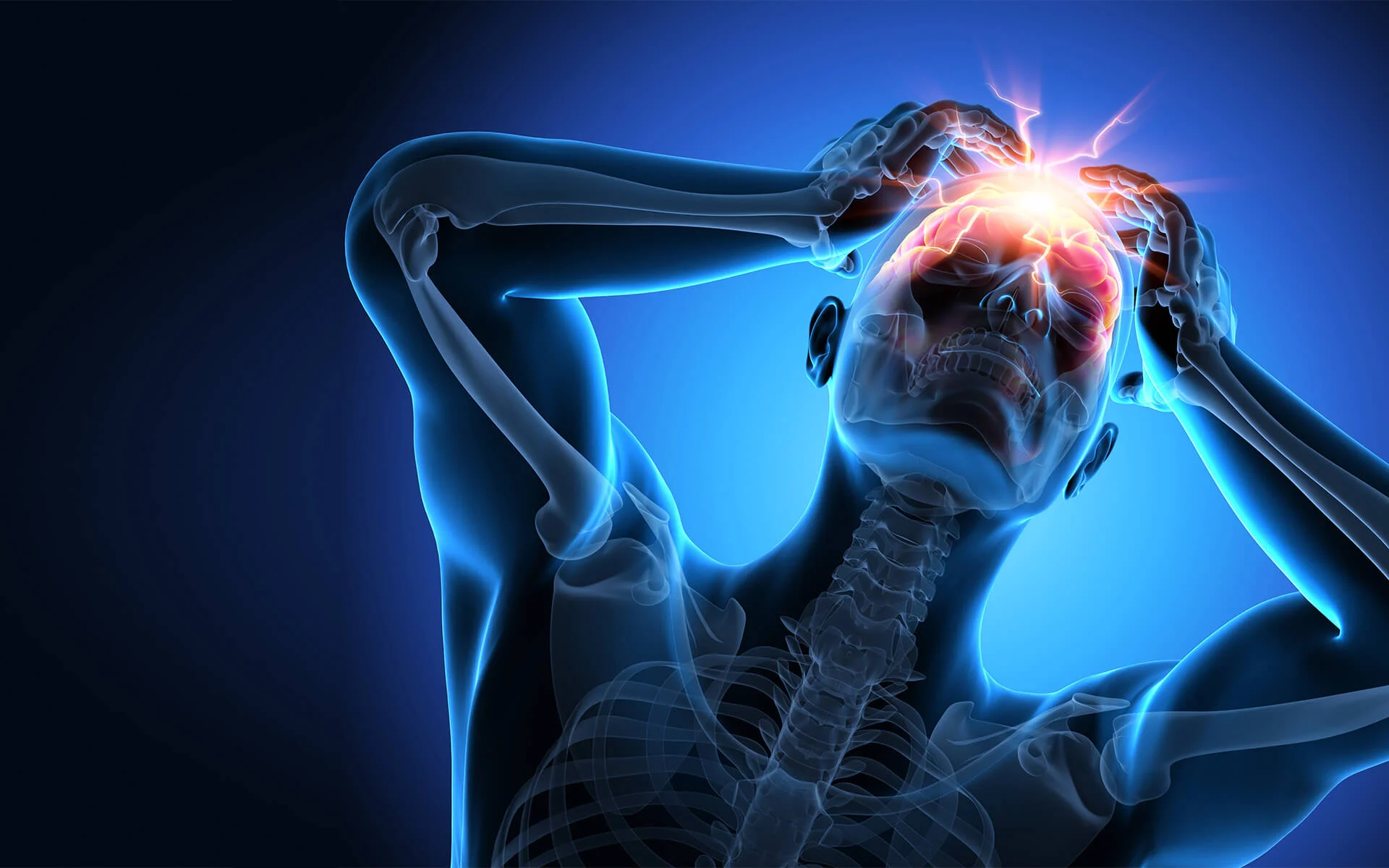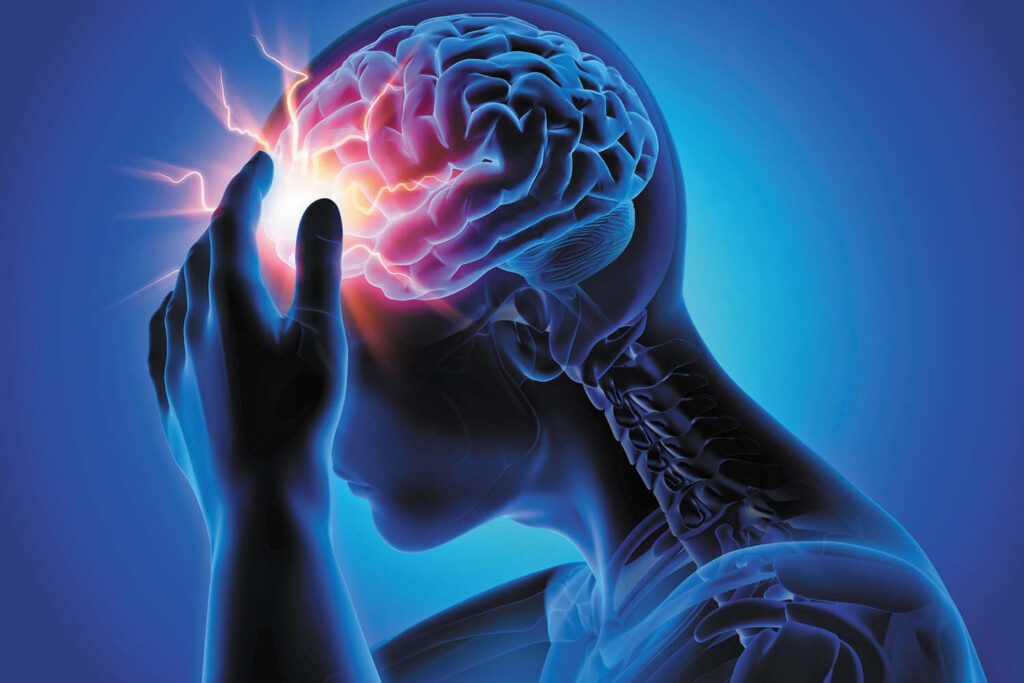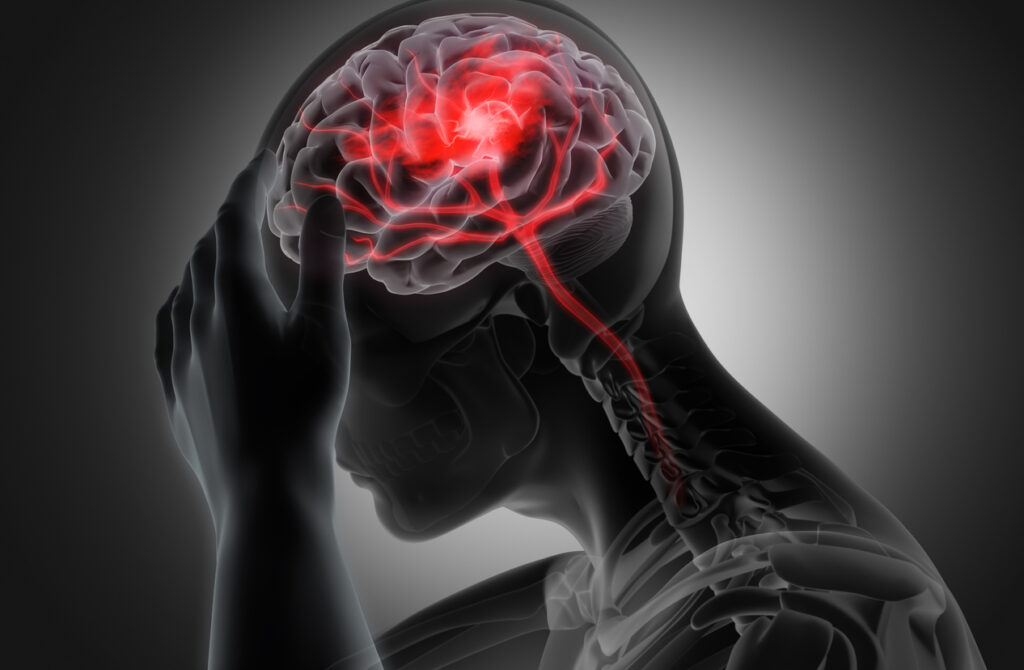
24 Apr Post Traumatic Headache – Causes, Symptoms, and Treatments
A Post Traumatic Headache (PTH) is a type of headache that develops after a head injury or trauma, often occurring within 7 days of the incident. Whether it’s due to a fall, accident, sports injury, or concussion, this condition can affect your daily life if left untreated.
In this article, we’ll explore the causes, symptoms, duration, and treatments available for managing post-traumatic headaches.
What Causes a Post-Traumatic Headache?
Post-traumatic headaches are typically triggered by:
- Concussions or mild traumatic brain injuries (mTBI)
- Whiplash injuries
- Skull trauma or blows to the head
The brain’s reaction to trauma can result in inflammation, changes in blood flow, or chemical imbalances that contribute to headache pain. Stress, anxiety, or lack of sleep after injury can also worsen symptoms. Best place to add: This is your main keyword, so you can sprinkle it naturally in treatment, symptoms, and conclusion sections.
Common Symptoms of Post-Traumatic Headaches

Post-traumatic headaches can resemble several other headache types, including tension headaches or migraines. Common symptoms include:
- Dull or throbbing pain
- Pressure around the forehead or back of the head
- Sensitivity to light and noise
- Nausea or dizziness
- Difficulty concentrating or memory issues
These headaches can last for weeks or even months, depending on the severity of the injury and individual recovery.
How Long Do Post-Traumatic Headaches Last?
For most people, post-traumatic headaches resolve within a few weeks to three months. However, in some cases, they may become persistent or chronic, especially if the brain injury was severe or not properly treated.
Seeking early treatment and following medical advice can greatly reduce the duration and intensity of these headaches.
Treatment Options for Post-Traumatic Headache Relief
Treatment for PTH depends on your symptoms and medical history. Common approaches include: Many ask, what does post-traumatic headache mean? Simply put, it is a headache that develops following a head injury or trauma.
- Pain relievers: Over-the-counter or prescription medications like ibuprofen, acetaminophen, or triptans for migraine-like pain.
- Cognitive rest: Avoiding screen time, bright lights, and stressful mental activities helps the brain heal.
- Physical therapy: For headaches related to whiplash or neck tension.
- Counseling or therapy: Managing anxiety or depression related to the injury can also help reduce headache frequency.
- Medications: Preventive medications may be prescribed if headaches are chronic.
Lifestyle Tips for Managing Post-Traumatic Headaches
- Stick to a regular sleep schedule
- Stay hydrated and eat balanced meals
- Limit screen time and loud noises
- Avoid alcohol and caffeine, which may trigger symptoms
Taking care of your overall health can support faster recovery and reduce headache intensity.
Difference Between Post-Traumatic Headache and Regular Headaches
While post-traumatic headaches may feel like tension headaches or migraines, they differ in origin. These headaches are directly linked to a traumatic brain injury and may present unique patterns like delayed onset, emotional symptoms, or heightened sensitivity to light and noise. Interestingly, some people can experience post-traumatic headache without injury, for example after minor or unnoticed concussions or whiplash injuries.
Mental Health and Emotional Impact of PTH
Post-traumatic headaches often go hand in hand with emotional symptoms such as anxiety, irritability, or depression. Living with chronic pain can take a mental toll, which is why addressing the psychological aspect of recovery is just as important as the physical.
When to Seek Urgent Medical Attention

If your headache is accompanied by confusion, seizures, slurred speech, fainting, or worsening symptoms over time, seek emergency care. These could indicate a serious underlying issue such as bleeding in the brain or increased intracranial pressure. You might wonder, is post-traumatic headache dangerous? While most headaches are not life-threatening, persistent or worsening symptoms should be taken seriously.
Diagnosis and Evaluation of Post-Traumatic Headaches
Doctors typically diagnose post-traumatic headaches based on medical history, recent injuries, and symptoms. Imaging tests like CT scans or MRIs may be ordered to rule out more serious complications. Keeping a symptom diary can also help in identifying triggers and patterns.
FAQs About Post Traumatic Headache
Can a headache after a concussion be serious?
Yes, if it’s persistent or severe, it may signal complications and should be checked by a healthcare provider.
How long should a headache last after a head injury?
Most resolve within a few weeks, but some may last longer and require ongoing care.
Are post-traumatic headaches dangerous?
They’re usually not life-threatening, but they can significantly impact quality of life and require medical attention if chronic.
Can I take painkillers daily for PTH?
Frequent use can lead to rebound headaches. Always follow a doctor’s guidance for safe medication use.
When should I see a doctor for a post-traumatic headache?
If headaches persist, worsen, or are accompanied by confusion, vomiting, or vision changes — seek medical help immediately.
Conclusion:
Post-traumatic headaches can be frustrating and debilitating, but understanding the cause and treatment options is the first step toward relief. Whether your symptoms are mild or severe, early intervention and lifestyle adjustments can make a big difference in your recovery.If you or a loved one is struggling with headaches after a head injury, don’t hesitate to reach out to a healthcare provider for personalized support and treatment.

No Comments